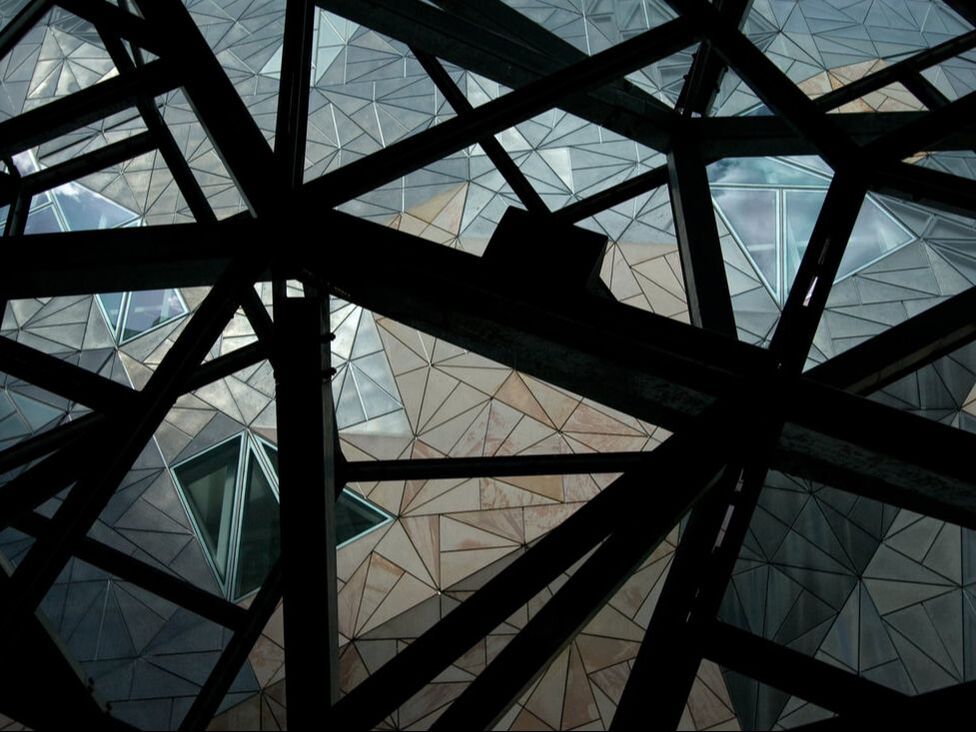|
|
|
On April 15, 2013, two pressure-cooker bombs exploded at the finishing line of the Boston Marathon, killing five and injuring 264. In the absence of information about who the bombers were, Salon.com published liberal commentator David Sirota’s piece 'Let’s Hope the Boston Marathon Bomber is a White American'. Sirota argued that if the bombers turned out to be white, Muslims would be protected from an inevitable anti-Muslim backlash. A few days later, the bombers’ identities were revealed as brothers Tamerlan and Dzhokhar Tsarnaev, children of Chechen refugees who came to the United States when they were 16 and 8 years old, respectively. Interestingly, the brothers were phenotypically white and, as conservative commentators online were fond of saying, quite literally Caucasian (i.e. from the Caucuses). They were also, however, Muslims.
Sirota’s article provoked a firestorm across conservative media, and Sirota was accused of being race obsessed and blind to the threat of Jihadist terrorism. In our Identities article, '‘Let’s hope the Boston Marathon Bomber is a White American’: racialising Muslims and the politics of white identity', we analysed conservative responses to Sirota’s article, as well as the ensuing debate about whether the Tsarnaevs were, in fact, the white Americans Sirota had hoped for.
Given the widely held view that the brothers were phenotypically white, we were surprised to find that this question was shrouded in ambiguity. On the one hand, conservatives referred to the brothers’ whiteness to affirm a distinction between race and Islam, and to argue that the latter was a dangerous political ideology that people choose to believe in regardless of their race. On the other hand, however, and despite this apparently non-racial criticism of Islam, conservative responses to Sirota were permeated by accusations of anti-white racism, race treachery, white guilt, and even discussions of race suicide. We sought to explain this contradiction between intense expressions of racialised threat with avowed commitments to a non-racial critique of Islam.
We argue that reactions to Sirota’s article, as well as the liberal position he is considered to represent, reflect a deeply engrained view that there is a racial war between American whites and Muslims. The accommodation of Islam by white liberals is therefore cast as a direct threat to the United States, which white Americans are deemed responsible to protect. In other words, participating and agreeing to the terms of Muslim racialisation is central to the performance of a hegemonic white racial identity. Failure to perform this combativeness is deemed tantamount to race treachery and facilitating a form of racial suicide. Our critical contribution is that while previous scholarship on Islamophobia has focused on the cultural or phenotypical characteristics of Muslims that mark them as ‘other’, our argument shows that the racialisation of Muslims also occurs through a contested process of white racial formation. Moreover, we identify a critical weakness in popular liberal critiques of Islamophobia. The critique deployed by Sirota, as well as other liberal commentators in the debate, hinged on a racial distinction between Muslims and whiteness. It was only through this (racialising) distinction that liberals were able to make operative the view that anti-Muslim sentiments after terrorist attacks reflect a form of racism. Liberals struggled to articulate a coherent critique in the face of the strategic use conservatives made of the Tsarnaevs’ ambiguous racial identity, emphasising the need for political counter-discourses to the white supremacist Islamophobia described in our Identities article. Alongside a more refined concept of racism attuned to relational racial formation processes, a primary goal must be disentangling whiteness from American citizenship -- a struggle with stark dimensions in the current moment.
Blog post by Jake Watson, Boston University, USA; Saher Selod, Simmons College, USA; and Nazli Kibria, Boston University, USA
Read the full article: Watson, Jake; Selod, Saher & Kibria, Nazli. ‘Let’s hope the Boston Marathon Bomber is a White American’: racialising Muslims and the politics of white identity. Identities: Global Studies in Culture and Power. DOI: 10.1080/1070289X.2017.1397964
0 Comments
Your comment will be posted after it is approved.
Leave a Reply. |
|
Explore Identities at tandfonline.com/GIDE |
|
The views and opinions expressed on The Identities Blog are solely those of the original blog post authors, and not of the journal, Taylor & Francis Group or the University of Glasgow.

